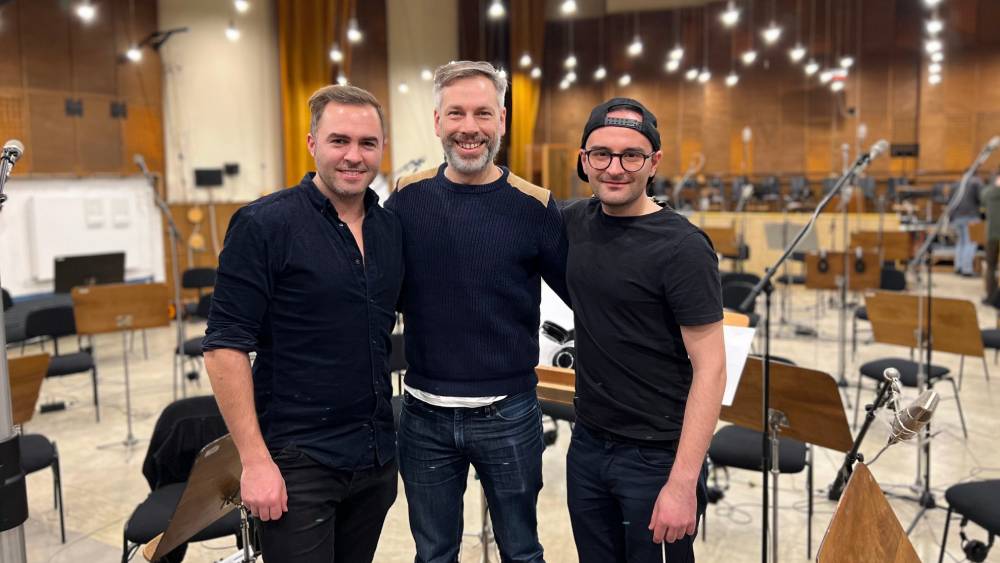Following the recent release of the original soundtrack album for the BBC's natural history documentary series Earth, multi-instrumentalist Paul Saunderson has further enhanced his reputation as one of the UK's foremost composers for film and TV. With over 80 credits to his name, including Three Identical Strangers, Champion and Apple TV+'s Trying, Paul's creative services are evidently in high demand across the entertainment industry.
After speaking to M about his prolific work in film and TV, Paul shared his top tips for young and aspiring composers who are looking to get their first big break.
Never stop writing your own music
'Firstly, you need to be writing music - that sounds really silly, but specifically writing [music] to picture in any form. I remember trying to meet young directors who were writing short films and learning their craft, and you learn so much about how to hone your creative voice. You never know, those same directors might come to you [in the future] with a feature: everyone has to start somewhere.'
Focus on developing your own songwriting voice
'I'd say that with any music that you're writing, try not to compare yourself to anyone and stay in your lane as much as possible. If you're doing a project and there's not much budget, don't write an orchestral score because you're not going to be able to record it! Don’t use samples, either: find another way of doing it that will stand the test of time.
‘With [2017 film] The Marker I didn't have much budget, so I had to find another way to make the score big while keeping it live; I had to think a little bit outside the box. You don't need all this gear, that's a luxury: you can do it on a laptop and a microphone. I think that in turn will help you build your own voice sonically and musically.'
Reach out to established composers - and be persistent
'I got the chance to assist Ilan Eshkeri after emailing different composers, so I'd recommend reaching out because plenty of composers require assistance. You can really learn first-hand that way without being in the front line, so to speak: if something does go wrong, you can see how the process happens from start to finish. Then, when it's your turn, you know you're prepared.
‘Even when I was assisting, as soon as the working day was over I'd go home and work on my own material. I had short films [to write for] and I was constantly trying to form my own relationships with directors, because it's just so important to meet people.'
Keep expanding your creative network
'Everyone's in the same boat! There are up-and-coming directors out there searching for composers, and they're not sure where to look. Go to events and network: these kinds of relationships seem to happen organically when you put yourself out there.
'Your phone isn't going to ring if you just sit there and do nothing, you have to make those opportunities. It sounds kind of cliché, but people need to know who you are.'


